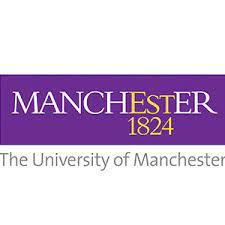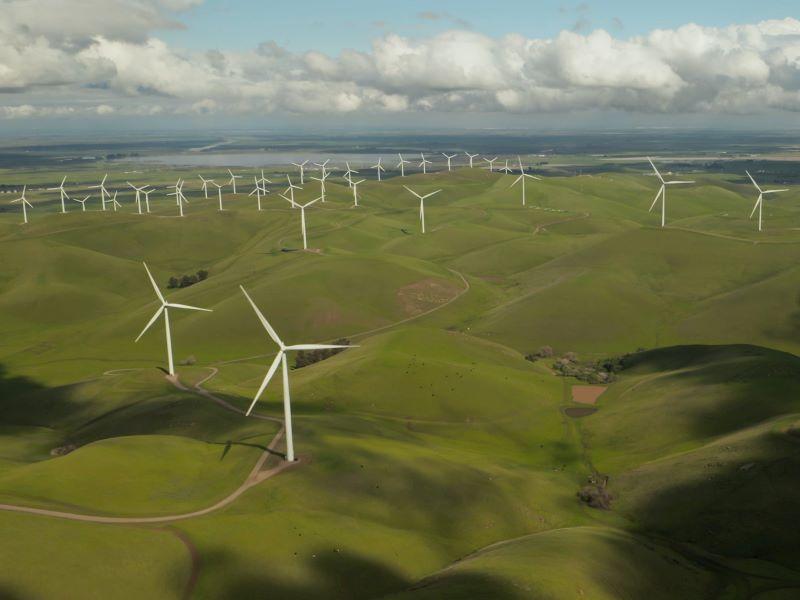
Engaging students in applied research to tackle Sustainable Development Goals
Key Details
This video will cover:
01:15 The power of focusing student energies on tackling the sustainability challenges
02:07 Brokering applied research between students and the organisations that need it
03:08 The benefits for students of taking part in applied research projects
Transcript
Welcome everyone. My name is Jen. I work at the University of Manchester and I’m leading a pedagogic project that deploys our 40,000-strong force to effect change for a better world, and that’s through applied research and the United Nations’ Sustainable Development Goals.
Now this is important, and it’s important because our world is in crisis. If you think about that for a moment, students joining our universities this year will have lived through the warmest 10 years on record. There is absolutely no question of whether or not we will see ecologic and climatic crisis; the question is: how bad?
Now, the United Nations’ Sustainable Development Goals offer a blueprint for a better world for all by 2030. There is much and quite understandable critique about the SDGs as a development tool, but frankly they’re the best we have right now.
And, to be honest, I particularly like them as a teaching tool because they offer space to have conversations around the state of the world, perhaps framed around questions of gender equality, or fair economic growth, and thus appeal to a larger range of ears that would otherwise be quietened to questions, or the C-words of carbon and climatic crisis.
Students at the University of Manchester are a 40,000-strong force who can effect change for sustainable development. Now Evans et al., 2015 did a few calculations and suggested that if only a quarter of those students studied in and around sustainability, annually that is a 7.5-million-hour bank of study time that could be directed to solving some of the sustainability challenges that our world is facing annually.
Now scale that up to the predicted 262 million students who are expected to be in higher education by 2025, and we reckon that there is somewhere in the region of 40 billion hours of students’ time that could be directed to solving some of the crises that we are facing at the moment.
Now even if you factor in significant margins of error, that is a cracking force that could be used for sustainable development. And here’s the thing, students want to effect change. Why write yet another essay that’s just going to sit and gather dust on a virtual learning environment when you could actually do something practical?
So, bringing those two threads together, we have created a university living lab which is brokering applied research between our students and the organisations that need it. We now have over 150 projects. Now these are projects that are set by external organisations who need the insight to enhance their work.
Our projects are framed around the Sustainable Development Goals so we cover everything from, I don’t know, analysing Manchester City Council’s Zero Carbon [by] 2038 policy to widening participation at the University of Manchester. We have proven our success locally through impact, and we’re now going global.
These projects are adaptable to any assessment, at any academic level, and due to their interdisciplinary nature, I reckon they would apply to any degree programme as well. And students love this assessment, as you can see from the feedback there. They really enjoy it. We’ve had two students employed by the organisations that they did their applied research for, and many more talk about how they have gained their employment through this experience.
One of the things that we’re doing at the moment is bringing this live through our platform. So the online platform offers the opportunity to enhance the reach and the impact of our students’ research and as an open source of knowledge. And it also meanwhile enhances the students’ profile and their employability.
We’ve had students’ research, for example, about urban health presented at the Rockefeller Center in New York; it’s been used to shape council policy, even used to construct a beekeeping project in South Manchester, which is one of my personal favourites.
We are working in partnership with our students, our researchers and our external organisations to effect change for sustainable development. So this innovative approach in teaching enhances students’ experience while increasing students’ employability. By deploying our 40,000-strong force, we’re effecting change for sustainable development whilst opening conversations about sustainability.
Like the SDGs, we work in partnership, respecting all knowledges. This project has been an absolute labour of love. If you would like to use any of our projects, or if you know organisations who might benefit from some student research power, please don’t hesitate to get in touch. Thank you.
Jen O’Brien is a senior lecturer in human geography and academic lead of sustainability teaching and learning at the University of Manchester.
If you would like advice and insight from academics and university staff delivered direct to your inbox each week, sign up for the Campus newsletter.



